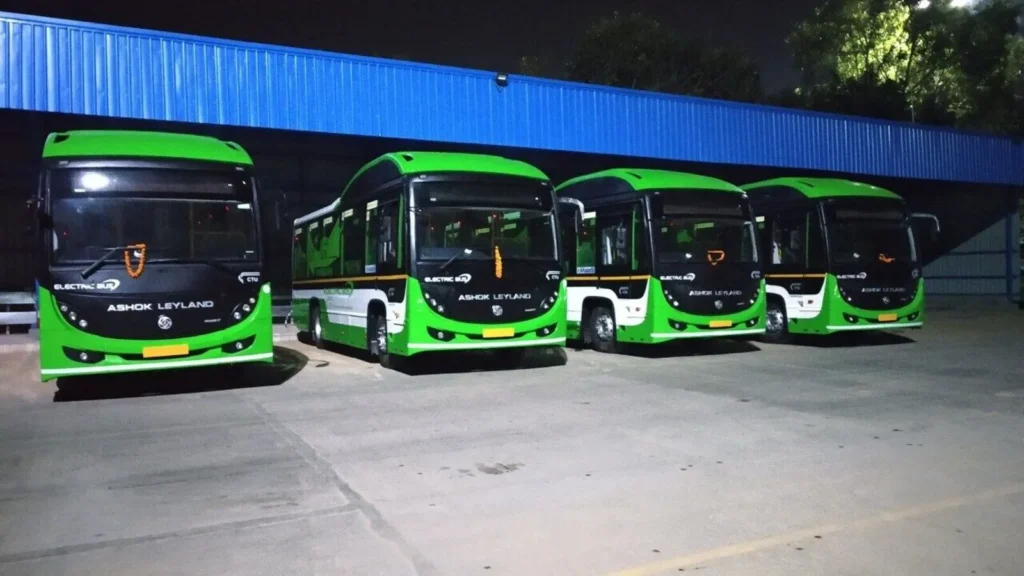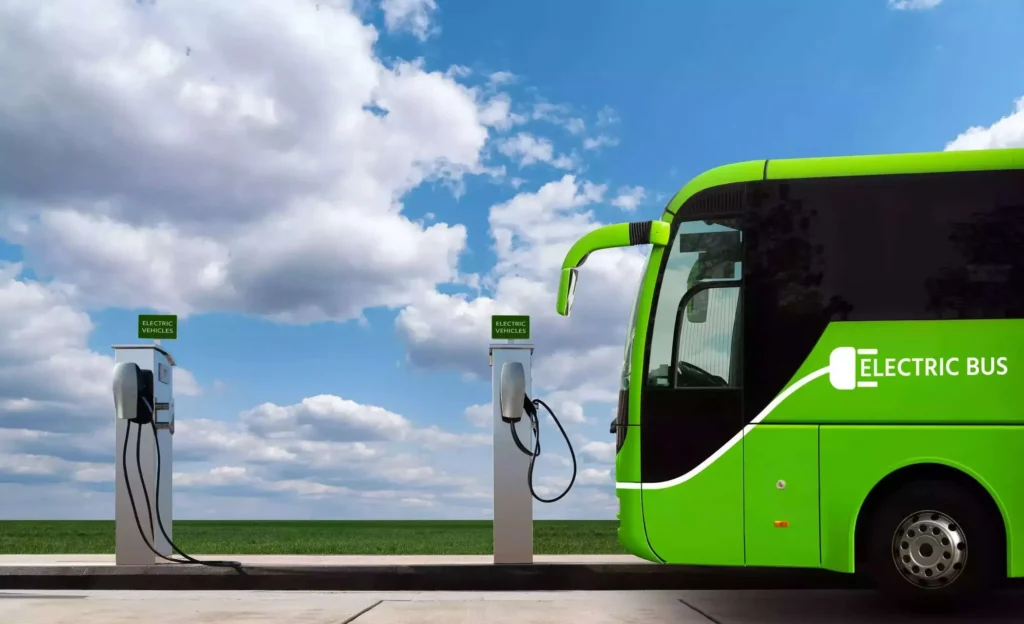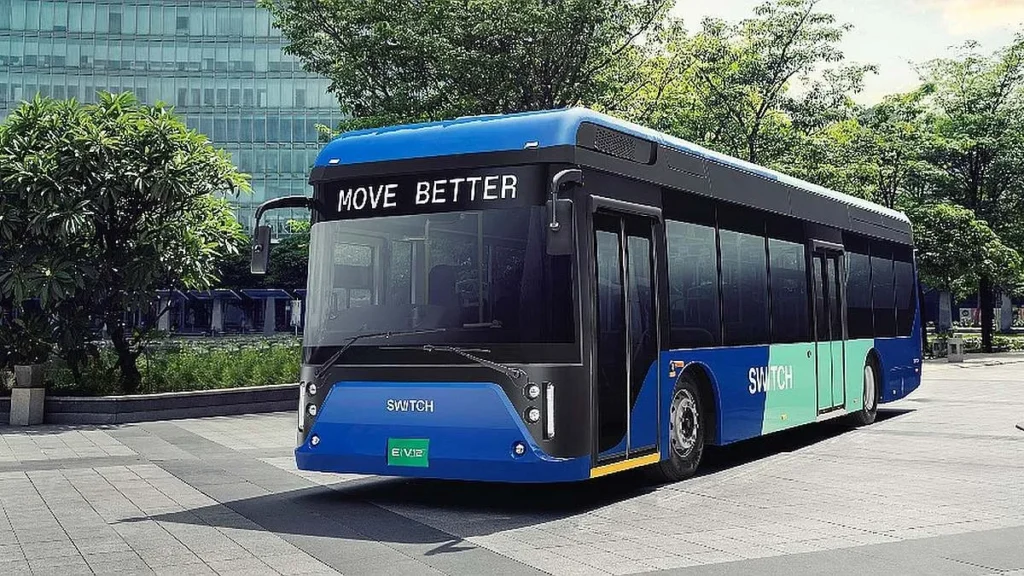To foster sustainable transportation and curb emissions, the government is devising plans to incentivize the adoption of electric buses for intercity and interstate travel. The initiative aims to revolutionise long-distance passenger transport while prioritising environmental conservation.

Transitioning to Electric Buses
The proposed scheme targets the introduction of electric buses on Indian highways, specifically catering to interstate routes. Currently dominated by diesel-powered vehicles, this transition promises a significant reduction in harmful emissions, aligning with the country’s green agenda.
Viability and Incentives

According to a senior government official, electric buses demonstrate viability for extended journeys of up to eight to nine hours, paving the way for their integration into long-distance travel networks. Incentives are under consideration to facilitate the widespread adoption of these eco-friendly alternatives.
Expanding Support Infrastructure
To bolster the electric mobility ecosystem, the government plans to expand charging infrastructure along highways, including the deployment of fast chargers along major urban corridors. This strategic expansion aims to alleviate concerns regarding range anxiety, ensuring seamless long-distance travel.
Empowering State Governments

A roadmap will soon be developed to support state governments in procuring electric buses for their long-distance operations. Additionally, measures will be implemented to incentivize private bus fleet operators, schools, and colleges to transition to electric mobility, thereby amplifying the impact of the initiative.
Encouraging Private Players
Recognizing the potential of electric buses in various sectors, including school transportation, the government seeks to extend incentives to private players to embrace electric vehicles. By encouraging widespread adoption across diverse segments, the government aims to accelerate the transition towards a greener, more sustainable future.
